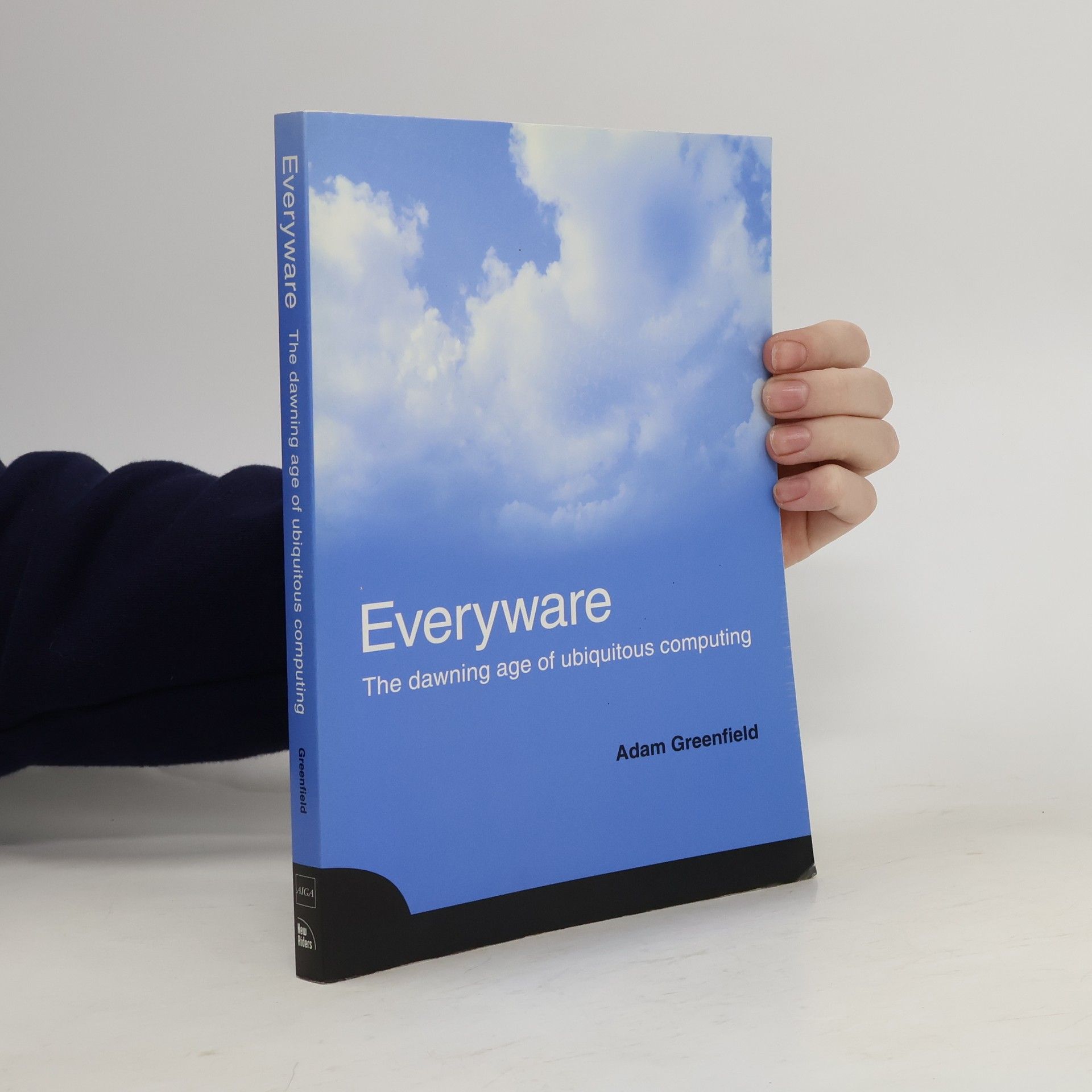Radical technologies : the design of everyday life
- 368pagine
- 13 ore di lettura
The evangelists of technology promise innovations -from smartphones to bitcoin, AI, and machine learning- to transfigure our lives. But at what cost? In Radical Technologies, Adam Greenfield forces us to reconsider our relationship with the networked objects, services, and spaces that define us. How do these technologies reshape the economy, subvert the fundamental terms of our politics, and even redefine what it means to be human? Greenfield has written an incisive and disturbing guide to the gadgets transforming our lives, providing a gripping re-evaluation of the Silicon Valley consensus currently shaping the future.


